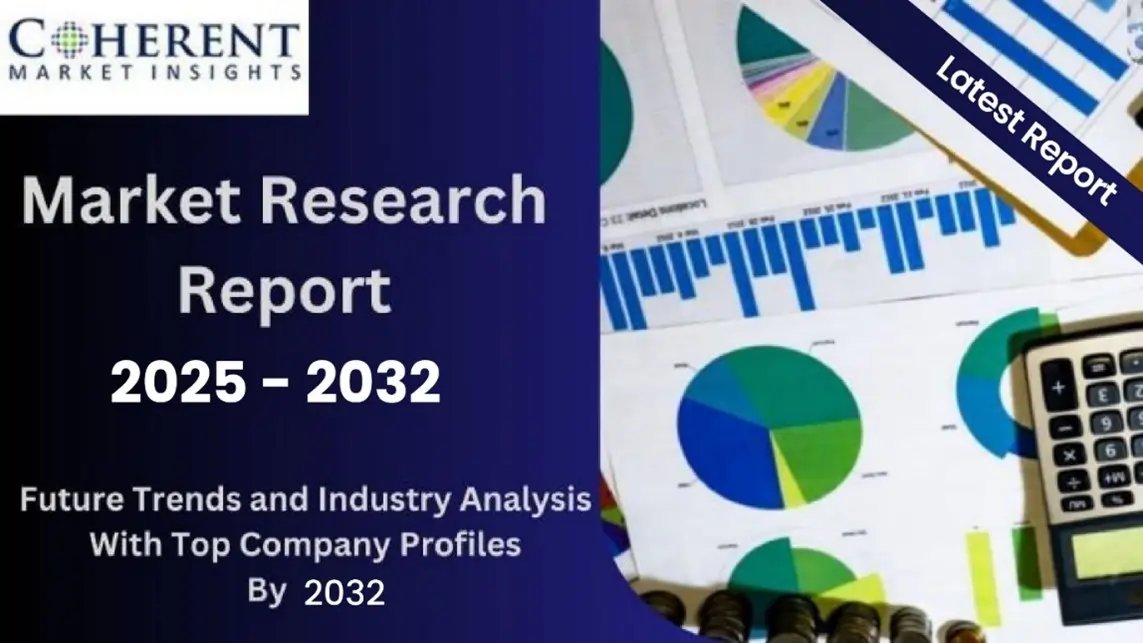World Bank chief takes swipe at Microsoft’s $69 billion gaming deal as poor countries struggle
Published by maria gbaf
Posted on January 20, 2022
2 min readLast updated: January 28, 2026

Published by maria gbaf
Posted on January 20, 2022
2 min readLast updated: January 28, 2026

World Bank's David Malpass criticizes Microsoft's $69B Activision deal, urging more investment in poor countries amid economic challenges.
By David Lawder
WASHINGTON (Reuters) – World Bank President David Malpass on Wednesday criticized Microsoft’s $69 billion takeover of gaming developer Activision Blizzard as a questionable allocation of capital at a time when poor countries are struggling to restructure debts and fight COVID-19 and poverty.
Malpass said during a Peterson Institute for International Economics virtual event that more capital needed to flow into poor countries, but these flows have been disrupted by unusually easy monetary policies in developed countries.
He said he was struck by the scale of Microsoft’s acquisition deal for “Call of Duty” maker Activision Blizzard. This dwarfed the $23.5 billion in cash contributions agreed in December by wealthier donor countries to the International Development Association, the World Bank‘s fund for the poorest countries — about $8 billion annually over three years, he said.
“You have to wonder: ‘Wait a minute, is this the best allocation of capital?'” Malpass said of the Microsoft deal. “This goes to the bond market. You know, a huge amount of (capital) flows are going to the bond market.”
A very small portion of the developing world has access to such bond financing, while too much capital remains bottled up in advanced countries, especially in central bank reserve assets used to back long-term bond purchases, he added.
A spokesperson for Microsoft did not immediately respond to a Reuters request for comment on Malpass’ remarks.
His comments echoed a similar call last week for central banks to cut long term bond holdings to free up lending capital.
“That gets you into a situation where a huge amount of the capital is being allocated to already capital-intensive parts of the world — the advanced economies — building more and more on top of already heavily built infrastructure and real estate, for example,” Malpass said.
Meanwhile, a return to more normal global investment returns is needed to bring more financing capacity to small businesses in the developing world,” he said.
“In order to address the refugee flow, that malnutrition that’s going on, and so on, there has to be more money and growth flowing into the developing countries,” Malpass added.
(Reporting by David Lawder; Editing by David Gregorio and Sandra Maler)
The main topic is World Bank President David Malpass's criticism of Microsoft's $69 billion acquisition of Activision Blizzard.
Malpass questioned the allocation of capital, suggesting it should flow more into poor countries struggling with debt and poverty.
Malpass compared the deal to the $23.5 billion cash contributions by wealthier countries to the International Development Association.
Explore more articles in the Banking category











